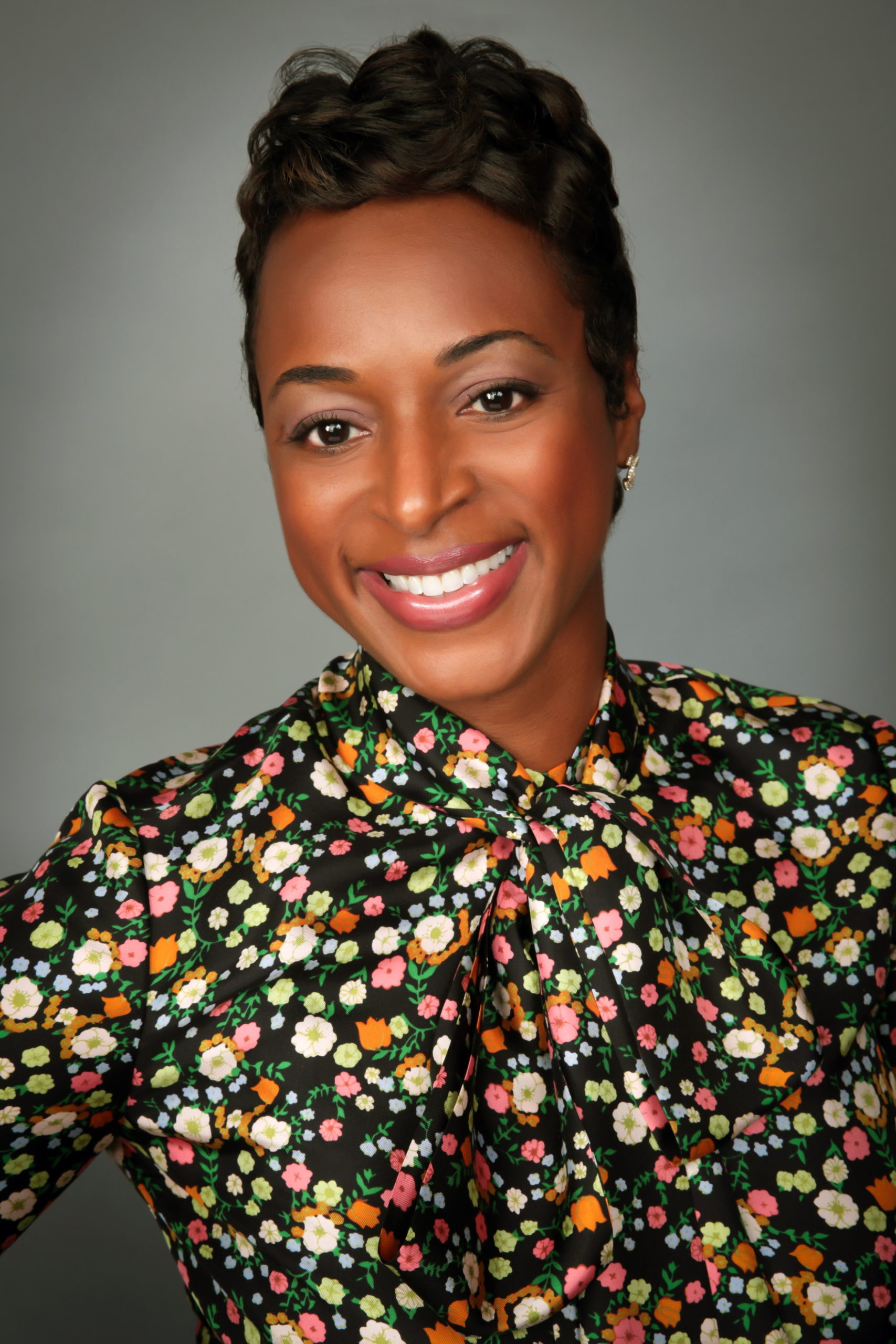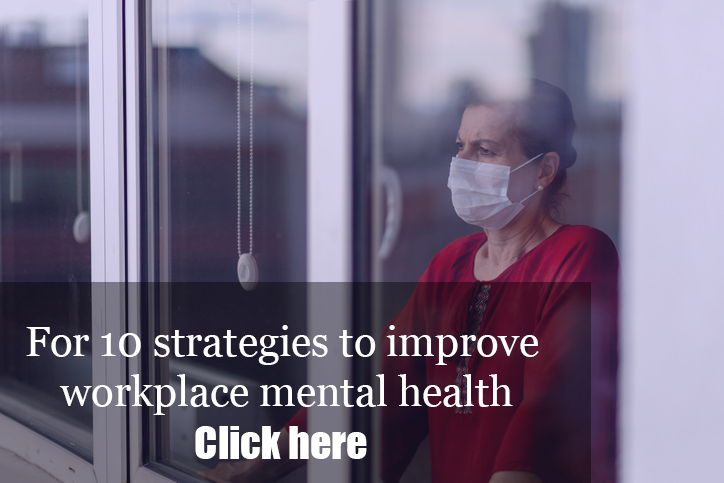Cloud computing services provider Fastly is passionate about making sure its people feel supported and connected, says Chief People Officer Doniel Sutton. It’s an aim Sutton knows firsthand–as she joined the company in the fall and has undergone remote onboarding, getting to know the company and its people all virtually.
It was a process that was capped by direct interaction with the company’s CEO with all of the new hires, a gesture that Sutton says represents the company culture, which has been front and center throughout the pandemic. When the crisis began and workers went remote, the Fastly HR team rolled out employee pulse surveys, Wellness Days, facilitated employee support groups and even a Fastly coloring book for kids of employees. Its “MasterClass” series allows employees to share their passions–over Zoom–while the company also hosts Zoom events that family members and even pets are invited to, as well as 15-minute meditation sessions several times a week.
Distributed work has not stopped Fastly from doubling down on its commitment to diversity, equity and inclusion, Sutton adds. During LGBTQ Pride month in June, the organization hosted virtual games and remote movies, while it staged a virtual event about implicit bias and allyship on Juneteenth.
Now that she has settled into nearly a half-year of her tenure with Fastly, Sutton says she is eager to continue to build upon the company’s strong foundation of people practices, particularly at a time of fast growth. It’s work that will be informed by her two decades of HR leadership, including at Fortune 100 and 500 companies. Prior to joining Fastly, Sutton spent seven years at PayPal, most recently as CHRO. She also held top HR leadership positions with Prudential Financial and Bank of America.
Sutton recently spoke with HRE about her career journey and her goals for Fastly.
HRE: What was your first-day priority when you began as chief people officer at Fastly? How different do you think that would have been had the pandemic not been a factor?

Sutton: My first day was Sept. 14, 2020, and my first priority was to soak in the onboarding experience so I could hit the ground running. Joining a new company in a completely virtual environment, without the benefit of meeting or engaging with anyone in person throughout the recruitment process, was a very new experience. But Fastly has created an excellent remote onboarding experience, and it’s been a wonderful journey thus far. One moment that stood out was when Fastly’s CEO, Joshua Bixby, hosted the final segment of onboarding with all the new hires, capping off the experience with firsthand feedback on his expectations and helpful advice on how we should navigate our journey with Fastly. Most employees work for a company without ever having direct exposure to its CEO, but Fastly has created a unique experience that allowed everyone to have a more intimate and early connection with our leader. In my opinion, that’s pretty special.
HRE: What role do HR leaders play in addressing the ongoing mental health crisis among American workers?
Sutton: HR leaders often have visibility into the early signals of potential mental health issues emerging within an organization. Their relationships with benefit providers and the visibility that HR business partners have within an organization–including leave of absence requests and feedback derived from engagement surveys–provide an intimate perspective on the “health” of a workforce. Therefore, HR leaders have an important role to play as an early detection mechanism on behalf of an organization. Organizations that have strong analytics infrastructure in place–which can capture on-demand trends and insights–are best positioned to react and meet the demands of employees in a timely and effective manner. From there, being able to quickly adapt and shift resources to accommodate those needs is pivotal in supporting employees through mental health challenges.
HRE: What should HR leaders be doing today to ensure diversity, equity and inclusion are embedded in their organizations? And how are you prioritizing this issue at Fastly?
Sutton: HR leaders have an enormous responsibility in this realm–it’s multi-faceted and largely influenced by the evolution of the organization. I’ll just highlight a few of the most critical items.
 First, there needs to be clear and direct commitment from the top. HR leaders should partner directly with their CEOs to ensure the importance of diversity, equity and inclusion is conveyed and reinforced consistently throughout the organization. Second, in order to deliver on the DE&I strategy, HR leaders need to build the right infrastructure and framework. That means investment in hiring the right talent, establishing strong partnerships and, most importantly, understanding how to help the company make meaningful impact.
First, there needs to be clear and direct commitment from the top. HR leaders should partner directly with their CEOs to ensure the importance of diversity, equity and inclusion is conveyed and reinforced consistently throughout the organization. Second, in order to deliver on the DE&I strategy, HR leaders need to build the right infrastructure and framework. That means investment in hiring the right talent, establishing strong partnerships and, most importantly, understanding how to help the company make meaningful impact.
Third, DE&I will be most successful when it’s not a stand-alone initiative. Integrating DE&I priorities into standard people and operating processes ensures that those efforts remain high priority and align to the business’ overall strategy. Lastly, focusing on building the kind of culture that will enable inclusion and diversity is critical. You can’t achieve one without the other, so HR leaders who are focused on sustainability and impact need to ensure the culture enables success, rather than detracts from it.
Fastly is following these steps and I’m excited to help us progress our DE&I efforts even more. We currently have an internal Diversity and Inclusion Council, made up of Fastlyans with different backgrounds and perspectives, that meets on a regular basis to share their personal experiences and help guide us in the formulation of new DE&I initiatives.
HRE: What is your outlook for long-term remote work; do you think it will largely continue in a post-pandemic world?
Sutton: One of Fastly’s core beliefs, which resonates strongly with me, is the idea that employees are capable of doing great work anywhere. While I anticipate that many employees will want to return to the office once it is safe to do so, I would also anticipate increased flexibility for continued work-from-home capabilities.
HRE: What are a few of the primary ways the role of the HR leader has changed since you first entered the field?
Sutton: The entire HR industry as a whole has experienced a seismic data-driven transformation, where technological advancements complement our individual capabilities in identifying top talent. When I worked at PayPal, I developed a model that was used to predict and identify potential retention risks. This model leveraged data around compensation, performance and operations. In turn, we were able to create actionable insights stemming from data, which enabled us to be more effective and add value.
Click HERE to register for Spring HR Tech.
HRE: What are you passionate about outside of work?
Sutton: Well, prior to the pandemic, my passion was fashion! Fashion is a great form of self-expression and creativity for me and I enjoy inspiring other women to look and feel their best. These days, I’m more passionate about wellness and spending time on things that keep me centered, balanced and motivated. That includes some exercise, a few great apps that I use for calming sleep sounds, snuggling with Lola (my Frenchie puppy) and an entertaining show that I can binge-watch!
HRE: If you hadn’t entered the HR field, where do you think your career would have taken you?
Sutton: I believe I would have landed in some kind of creative field such as interior or fashion design. While I don’t consider myself an “artist,” I have a good eye for pulling together a look in a way that works!

